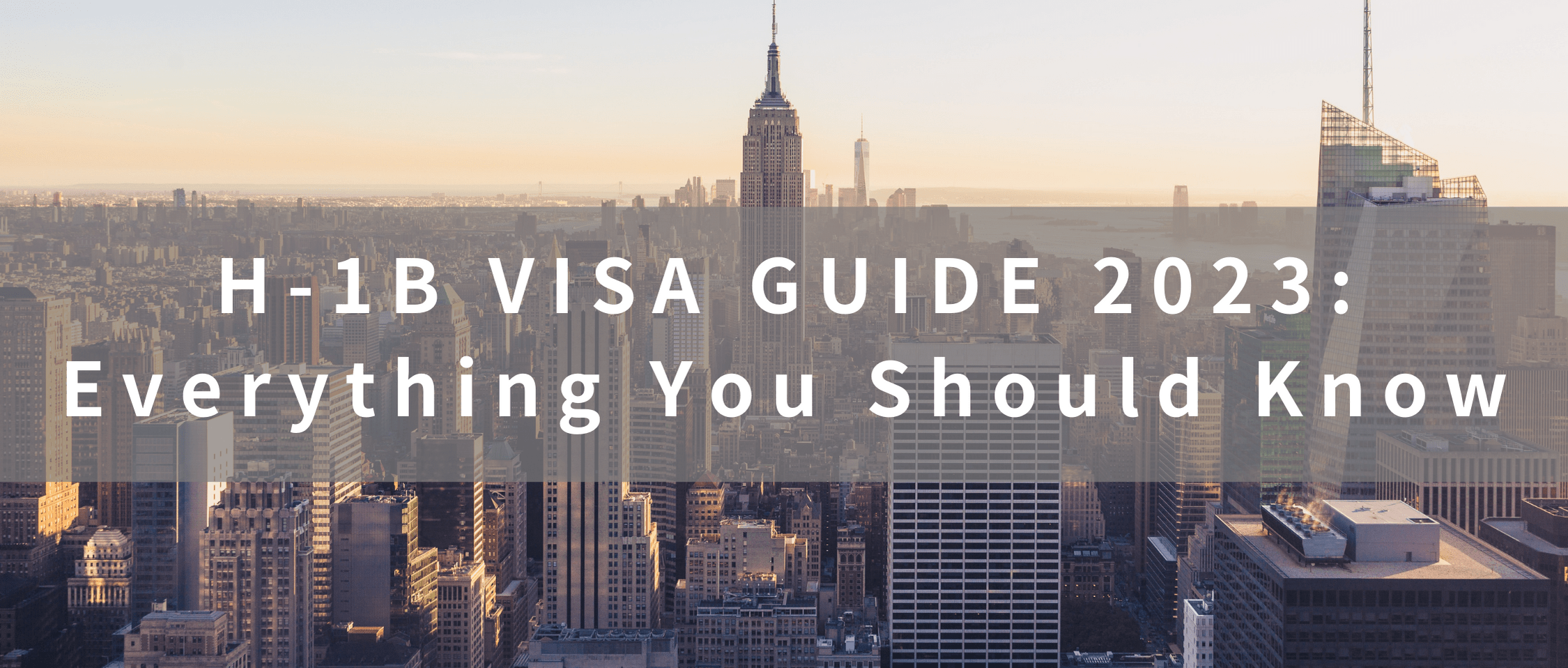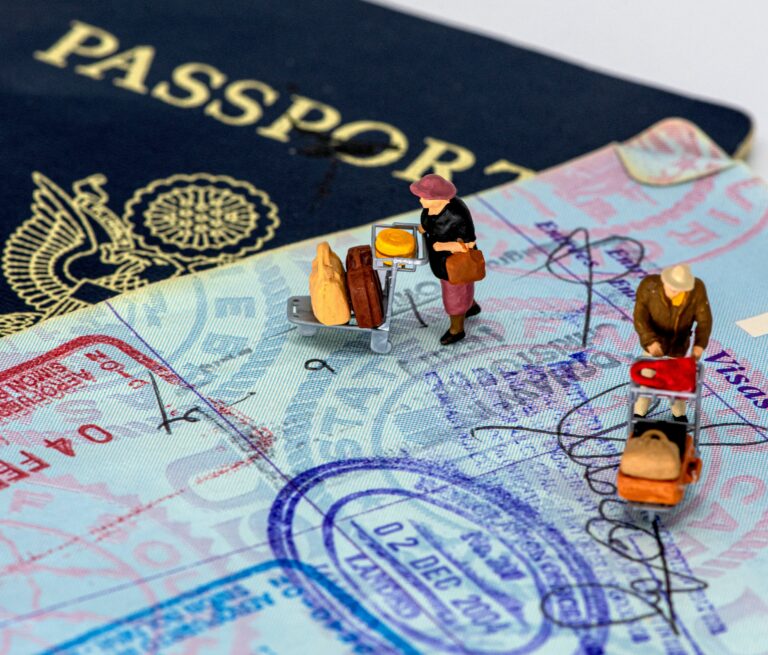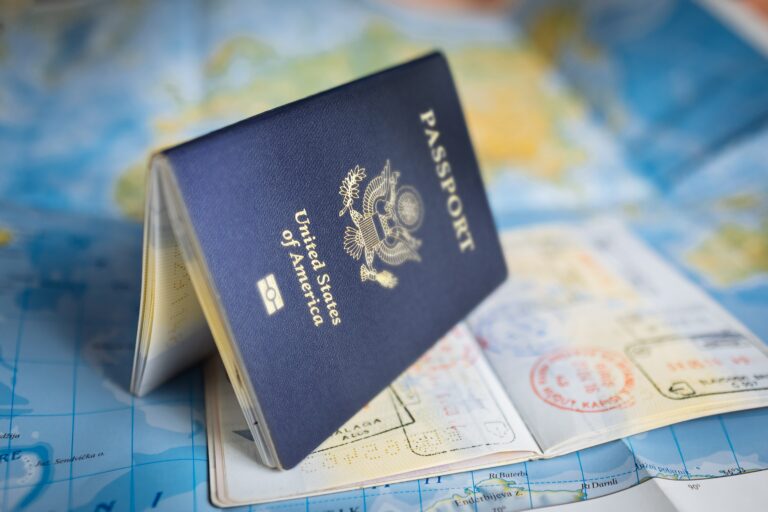The Most Complete H-1B Visa Guide 2023

Introduction
The H-1B lottery and application period for the 2023 fiscal year will shortly begin. Many of our customers are keeping an eye on the lottery scenario this year. I’ll go through all the frequently asked questions about H-1B lottery with you today so you can confidently get ready next month!
Before starting the guide, let me share with you a piece of good news first. The U.S. government does mandate that employees purchase insurance while on H-1B Visa as your health protection, and Student Medicover has multiple plans for H-1B to keep you covered.
Click here to contact our customer service members for more information. And now let’s get started!

1. What is H-1B?
1. What is H-1B?
H-1B is a temporary, non-immigrant work visa that allows U.S. employers to hire foreign workers in specialty occupations. The visa is commonly used by technology companies, as well as in other industries such as finance, accounting, and healthcare.
To qualify for an H-1B visa, the foreign worker must have a job offer from a U.S. employer and possess at least a bachelor’s degree or its equivalent in a specific field related to the job. The employer must also show that they were unable to find a qualified U.S. worker for the position.
H-1B visas are initially granted for up to three years and can be extended for up to six years in total. H-1B workers are allowed to bring their spouses and children to the United States on an H-4 visa. However, the H-4 visa does not allow the spouse to work in the U.S. unless they are granted a separate work visa.
The H-1B visa program is subject to annual numerical limits, or “caps,” which limit the number of visas that can be issued each year. The current cap is set at 65,000 visas, with an additional 20,000 visas available for foreign workers who hold a master’s degree or higher from a U.S. institution.

2. H-1B Application Process
2. H-1B Application Process
The H-1B visa application process involves several steps:
1. Find a sponsoring employer: The first step in obtaining an H-1B visa is to find a U.S. employer who is willing to sponsor your visa application. The employer must agree to offer you a job that qualifies as a specialty occupation.
2. Labor Condition Application (LCA): Once you have a job offer, your employer must file a Labor Condition Application (LCA) with the U.S. Department of Labor (DOL). The LCA is a form that verifies that the employer will pay you the prevailing wage for the job and that working conditions for U.S. workers will not be adversely affected by your employment.
3. File the H-1B petition: After the LCA is certified, your employer can file the H-1B petition with the U.S. Citizenship and Immigration Services (USCIS). The petition should include all the necessary documents, such as your educational qualifications and evidence that the job qualifies as a specialty occupation.
4. Wait for the decision: USCIS will review your petition and either approve or deny it. If the petition is approved, you will receive an approval notice and can proceed with visa processing. If the petition is denied, you will have to explore other visa options or appeal the decision.
5. Apply for the visa: If your H-1B petition is approved, you can apply for the H-1B visa at a U.S. consulate or embassy in your home country. You will need to provide supporting documents such as your passport, visa application, and approval notice.
It is important to note that the H-1B visa application process can be complex and time-consuming, and there are often more applicants than available visas. Therefore, it is advisable to start the process early and work with an experienced immigration attorney to increase your chances of success.

3. H1B visa Required Documents
3. H1B visa Required Documents
– Passport: A valid passport that will not expire for at least six months beyond the requested H-1B period.
– Educational credentials: Copies of all degrees, diplomas, or certificates that demonstrate that the foreign national has the required minimum qualifications for the specialty occupation.
– Offer letter or employment contract: A copy of the offer letter or employment contract from the U.S. employer outlining the terms and conditions of employment.
– Labor Condition Application (LCA): The certified LCA from the Department of Labor.
– Form I-129: A completed Form I-129, Petition for Nonimmigrant Worker, filed by the U.S. employer with the United States Citizenship and Immigration Services (USCIS).
– Evidence of specialty occupation: Documentation that the job offered is a specialty occupation that requires a minimum of a bachelor’s degree or higher in a related field.
– Employer information: Information about the U.S. employer, including their tax identification number and information about the company’s business activities.
– Previous immigration documents: If the foreign national has previously been in the United States on a nonimmigrant visa, copies of any previous immigration documents.
– Fees: Appropriate filing fees for the H-1B visa application, and any additional fees that may apply.
It is important to note that specific H1B visa requirements may vary depending on the individual case and the U.S. embassy or consulate where the visa application is processed.
If you still have questions regarding H1B application and policies, please feel free to visit the official website of USCIS at https://www.uscis.gov/working-in-the-united-states/h-1b-specialty-occupations.
Or it is always advisable to click here and consult with an experienced immigration attorney for guidance on the H-1B visa application process and required documents.
Wish everyone good luck with the lottery this year!




